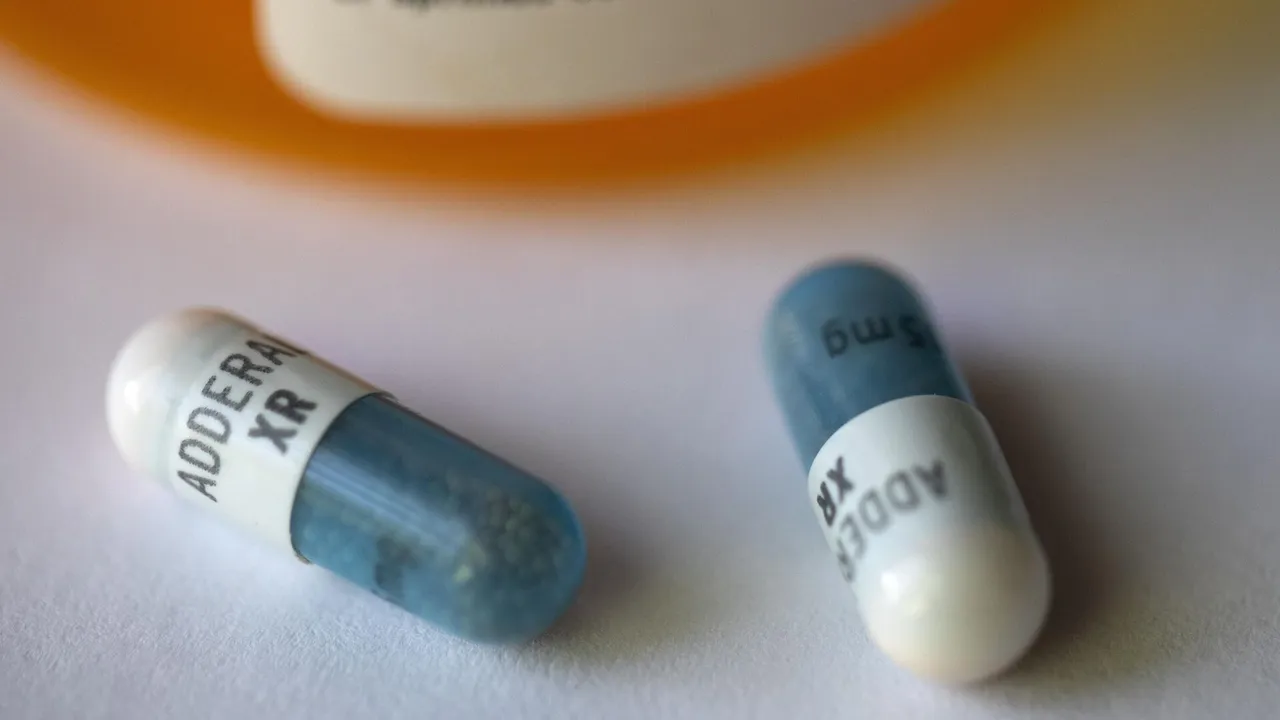Fertility drugs — what they do and how to use them safely
If you’re trying to get pregnant, fertility drugs can be a shortcut when natural cycles don’t give results. They help trigger ovulation, boost egg growth, or support IVF cycles. This page gives clear, useful facts so you can talk to your doctor with confidence.
Main types of fertility drugs
Here are the common drug classes and what they do:
Clomiphene (Clomid) — taken by mouth to stimulate ovulation. It tricks the brain into producing more follicle-stimulating hormone (FSH) and luteinizing hormone (LH). Often the first option for women with irregular ovulation.
Letrozole (Femara) — an aromatase inhibitor used off-label for ovulation induction. Many studies show it can work better than clomiphene for some patients, especially with PCOS.
Gonadotropins — injectable FSH and sometimes LH. These are stronger and used when pills don’t work or during controlled ovarian stimulation for IVF. They require close monitoring because they can cause multiple follicles.
hCG (human chorionic gonadotropin) — an injection used to trigger final egg maturation and time ovulation after follicles reach the right size.
GnRH agonists/antagonists — used mostly in IVF to control the timing of ovulation and prevent premature LH surges. They’re part of more complex protocols.
Metformin — sometimes used for women with insulin resistance or PCOS to improve ovulation when combined with other treatments.
What to expect and safety tips
Fertility drugs work, but they come with trade-offs. Side effects range from mild (hot flashes, headaches, mood swings) to serious (ovarian hyperstimulation syndrome — OHSS). If you’re on injectables, expect frequent ultrasound scans and blood tests to check follicle growth and hormone levels.
Here are simple, practical tips:
- Follow monitoring: Don’t skip imaging and blood work. They prevent complications and help time insemination or egg retrieval.
- Report symptoms early: Rapid weight gain, severe abdominal pain, shortness of breath, or very swollen ovaries need immediate attention (possible OHSS).
- Ask about multiple pregnancy risk: Drugs that stimulate many follicles raise the chance of twins or more. Discuss embryo transfer limits in IVF or cancellation if too many follicles develop.
- Use meds as prescribed: Never change dose or skip an injection without talking to your clinic. Dosing and timing matter for success.
- Combine lifestyle moves: Moderate weight loss (if overweight), quitting smoking, and controlling blood sugar can improve response to treatment.
If you’re unsure which drug fits your situation, bring this list to your next appointment. A good fertility plan balances effectiveness, safety, and your personal priorities for pregnancy timing and risks.

